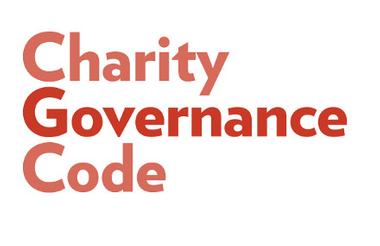An updated version of the Charity Governance Code has been published, with increased focus on trustee behaviours and inclusion.
Following a consultation last year, the Charity Governance Code Steering Group has unveiled what it describes as “the most significant update to the code since 2017”.
The code sets out principles of governance to help trustees reflect on how they lead, decide and uphold their charities’ purposes.
It is a voluntary framework designed to help boards achieve the highest standards of effectiveness and accountability.
“Meeting the code’s principles and outcomes would provide strong assurance to external stakeholders that a charity is well governed,” the code reads.
The steering group, which includes the Association of Chairs, Chartered Governance Institute, ACEVO, NCVO and WCVA, encouraged charities to adopt the new code and publish a short statement in their annual reports describing how they use it.
‘A sharper focus on the behaviours that sustain effective boards’
The code, which was first introduced in 2005, last received a minor update in 2020.
Last year, the steering group said it “began work to take a wider look at the code, exploring its content, structure, applicability to different sizes of charity, the use of language and user-friendliness of the framework”.
“We were also interested in exploring the barriers or obstacles to using the code”, it said.
“As such, we invited responses to the consultation from both users and non-users.”
The updated code sets out clearer expectations of the behaviours, values and processes that underpin good governance in charities of all sizes.
It contains eight universal principles: foundation, organisational purpose, leadership, ethics and culture, decision-making, managing resources and risks, equity, diversity and inclusion, and board effectiveness.
NCVO said the news code “brings a sharper focus on the behaviours that sustain effective boards, and brings fresh optics to matters around ethics, decision-making and managing resources and risks”.
Code remains ‘a stretch’ for smaller charities
Mark Abbott, senior associate and parliamentary agent at Bates Wells, told Civil Society: “The code is still what it has always been – aspirational best practice for charities.
“It isn’t law and isn’t a regulatory requirement, but is a useful starting point for a charity to look at when assessing its specific circumstances.
“And the new changes are ‘evolution, not revolution’ but there are some important differences.”
Abbott said the steering group “should be lauded for recognising the proactive role of charities and trustees in civil society”.
He also welcomed the new requirement that trustees should be “courteous” during board activity – “reflecting that it’s possible to robustly disagree with people – which may sometimes be needed on boards – while still respecting the other people and the process of the meeting”.
However, he added: “While the code remains a stretch – particularly for smaller charities – whose trustees may baulk at new references to SWOT and PESTLE analyses and ‘feedback and evaluation reports’ – it’s a helpful tool and a useful development by the committee.”
An interactive online version of the code will launch next year to help boards explore resources and case studies tailored to their size and structure.










